Corruption at WASCO pinches public
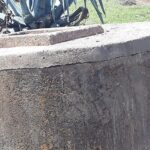
SHARE THIS PAGE!
‘Mantšali Phakoana
Every morning, ‘Mamojalefa Moleko (48) wakes up before dawn and walks two kilometres to a public concrete tank near Mohokare river, where she joins a long queue of other villagers fetching water for their households.
For years now, over 400 households of Khomo-lia-oela – a village at the heart of Maputsoe, Lesotho’s the second largest town 90km north-east of the capital Maseru – have been facing a water shortage crisis.
Some of the taps installed in their households are dry and the community do not have access to water on a regular basis, while others have been totally dry, leaving communities with no water at all.
Moleko says since she installed her tap in 2014, she has never enjoyed the benefit of owning it because she has not been able to access water on a regular basis.
The sad part, she says, is that the Water and Sewage Company (WASCO) keeps on charging her extremely high monthly bills as though her family consumes a lot of water.
In August 2022, she received a bill of M825 from the urban water supplier, which she could not understand how it came about.
“Khomo-lia-oela is my childhood home. Water has always been a problem. My parents also installed a tap but it would always run dry.
“I have now inherited the same problem; I have not been able to access water on a regular basis. Sometimes we would go for a month without water and on days when the water is available, it only comes out from midnight. This is simply how it has been for ages.
“If we happen to miss those hours, we are left with no choice but forced to line up at the public tank down there, despite having a tap in our yard,” Moleko noted.
She says villagers are forced to fetch water from a public community tank where there is always a long queue due to a high demand and low supply.
Maputsoe is among the urban areas that rely on the government-owned WASCO for supply of clean water.
The water is supplied through post-paid, pre-paid and standpipe connections.
Further afield in the south-east town of Qacha’s Nek, the community is facing a similar crisis that has affected local businesses and hospitals.
Machabeng Government Hospital manager, Lineo Pitso says the institution’s services are constantly disrupted due to the shortage of water.
“You can imagine the situation in a hospital where we deal with a lot of patients with different health problems.
“The patients and workers use toilets. We have to cook for admitted patients, do laundry and the patients themselves need water for bathing and drinking too. All these are hindered due to the water shortage.
“The problem has been here for a very long time. I started working here in Januar this year and I am told the hospital was already facing a water shortage,” Pitso noted.
She added that Qacha’s Nek hospital was also facing a similar problem. When it needs water urgently, Qacha’s Nek hospital is said to rely on a local Chinese construction company operating in town to fill up its tanks.
‘Maboitumelo Hlakochane, a villager at Makhalong in Qacha’s Nek district says it has been two months since their taps ran dry.
Hlakochane, who makes and sells sour porridge for a living, says the water shortage has hit her business hard.
“It’s been two months now that the people of Makhalong have been without water supply. The taps are there in our yards but they have been dry.
“In these two months, I have made a loss of more than M3000. This kind of business consumes a lot of water, from the time of brewing until production is completed. But now we do not even have enough water to use in our homes,” Hlakochane lamented.
Qacha’s Nek and Maputsoe are not the only towns affected by lack of access to clean potable water.
Ensuring that communities have access to safe, clean, reliable drinking water is a key part of the government’s responsibilities.
People’s lives have been significantly impacted by the corruption and mismanagement of public funds at the country’s only water and sewage company.
The impact is not just limited to hygiene and health, but also to the economic and social well-being of the people.
While Lesotho battles to supply sufficient water to both the urban and rural population, corruption and mismanagement of public funds has proved to be a serious problem.
Corruption occurring higher up the water supply chain, such as embezzlement by officials, collusion in the bidding process for water infrastructure projects or the exclusion of the community from participatory processes, also affects the day-to-day struggle of the poor, according to a Transparency International and Water Integrity Network report of 2021.
In September this year, the parliamentary Public Accounts Committee (PAC) heard a shocking revelation of graft from the management of WASCO.
WASCO chief executive officer, Thelejane Thelejane told the PAC that some senior employees at the company had been caught stealing equipment bought to maintain and/or install water for its customers.
He revealed that one employee was found with company equipment amounting to M280 000 while another one had stolen equipment worth M80 000.
Thelejane said the suspects were suspended from their duties pending court cases.
“Let me admit before this committee that corruption and mismanagement have been a serious problem in the company and has contributed significantly to WASCO’s inability to provide vital services.
“While I was investigating internally, I discovered that some employees had opened their own stores with the stolen Basotho equipment.
“Other employees steal the equipment and make deals to install or maintain taps for consumers. These people were forced to resign without any criminal charges.” Thelejane explained.
Almost every year, WASCO makes a proposal of water tariff increase from the Lesotho Water and Electricity Authority (LEWA), a statutory body established to regulate the Lesotho Electricity Supply Industry and Urban Water and Sewerage Services.
The last increase in tariff was effected in September this year when the cost of potable water was increased by 1.57 percent.
Water connection fees are also expected to be adjusted by eight percent for the financial year 2023/24 pending a comprehensive study.
Also in September, WASCO had proposed an upward adjustment in water and sewerage tariffs for the financial year 2023/24 – a 14.8 percent increase in domestic and non-domestic volumetric charges, a 4.7 percent increase in domestic and non-standing charges and 31.5 percent increase in sewerage tariffs.
This year, WASCO’s reasons for the tariff increment included keeping pace with the inflationary increases that have affected the cost of goods and services consumed by the authority.
The company had also cited that it wanted to expand water supply network and extend water and sewerage services to new areas in order to increase its customer base.
WASCO also put before the LEWA that there was a need to execute maintenance of water supply and sewerage infrastructure, provision of continuous training for staff members and demands of infrastructure operation and maintenance and to be in a position to deliver excellent customer service at all times.
The company further cited the cost of labour, power, chemicals, maintenance materials and transportation as the main drivers of its expenditure.
Former acting auditor-general Monica Besetsa in her 2021 annual report showed concern at the mismanagement of funds at WASCO.
According to Besetsa, included in the cash and cash equipment of the water and sewage company was an amount of M1.61 million which was not traceable to any physical cash or bank account.
She revealed that bank accounts receivable included a suspense account credit balance of M2.12 million which had been outstanding for more than three years.
Due to unavailability of reliable records of finances in the company, the auditor general revealed that she was unable to quantify the misstatement in the financial statements as the inventory items were reported at a lower cost and net realisable value using the first-in, first-out method; whereas the Pastel Evolution Inventory Module used weighted average method to generate the value reported in the financial statements.
“Property, plant and equipment have not been re-valued for more than 10 years and the cost was further misstated by an unexplained discrepancy of M2.79 million between the fixed asset register and the ledger records as well as the continued inclusion in the register of property costing M1.53 million which was sold for M1.5 million in 2012.
“Physical inventory count at year-end was not conducted. The inventory value reflected in the financial statements was based on a system-generated report of which last year’s audit procedures revealed the inclusion of M8.9 million worth of non-existent items.
“There was no evidence that the system report was reviewed and reconciled with physical quantities during the year,” said the then auditor general.
Moreover, the unreliable water supply for domestic uses impacts negatively on the health and convenience of the communities relying on the said supply.
The minimal access of water to Basotho has also worried King Letsie III.
Speaking at an event to mark the World International World Food Day on October 13, 2023 in Mafeteng, the King pointed out that while water is important for all living things and environment, the majority of Basotho do not have access to it.
King Letsie III stressed that human beings need water on daily basis to perform various activities such as irrigating cultivated plants for their healthy growth.
He noted that the Ministry of Agriculture, Food Security and Nutrition is about to complete a policy intended to guide on proper use of water and plants irrigation.
The King highlighted that Lesotho has signed a memorandum of understanding with the American government through the Millennium Challenge Corporation (MCC) to strengthen production of plants through irrigation systems.
The two countries were expecting to see increased production to fight poverty and hunger in Lesotho.
Contacted for comment, WASCO Public Relations Officer Lineo Moqasa referred theReporter to Thelejane, whose phone was unreachable.
Villagers in Maputsoe continue to suffer due to water shortage despite government efforts to design and implement supply projects in the lowlands.
The government in 2021 launched the Lesotho Lowlands Water Development Project Phase II scheme at Ha Setene in Leribe district.
The LLWDP-II was designed to prioritise itself with two packages, being zones two and three in Hlotse and Maputsoe areas, and the zones six and seven package in the Mohale’s Hoek and Mafeteng area.
Meanwhile, the 2023 Africa Sustainable Development Report has called for accelerated efforts to ensure that Africa achieves the global goals including water and sanitation by 2030.
The report titled: ‘Accelerating the recovery from the coronavirus disease (COVID-19) and the full implementation of the 2023 Agenda for Sustainable Development and African Union Agenda 2063 at all levels,’ was released on the margins of the 78th United Nations General Assembly.
It was produced by the United Nations Development Programme (UNDP), the African Union Commission (AUC), the United Nations Economic Commission for Africa (ECA), and the African Development Bank (AfDB).
The report assessed Africa’s progress in implementing the SDGs and the African Union’s Agenda 2063: The Africa We Want, amidst unfolding crises. It focused on five key SDGs, highlighting progress, the challenges and the numerous opportunities for improving Africa’s development prospects.
The findings suggest steady progress on the key SDG targets, particularly on access to safe drinking water, and electrification rates among others.
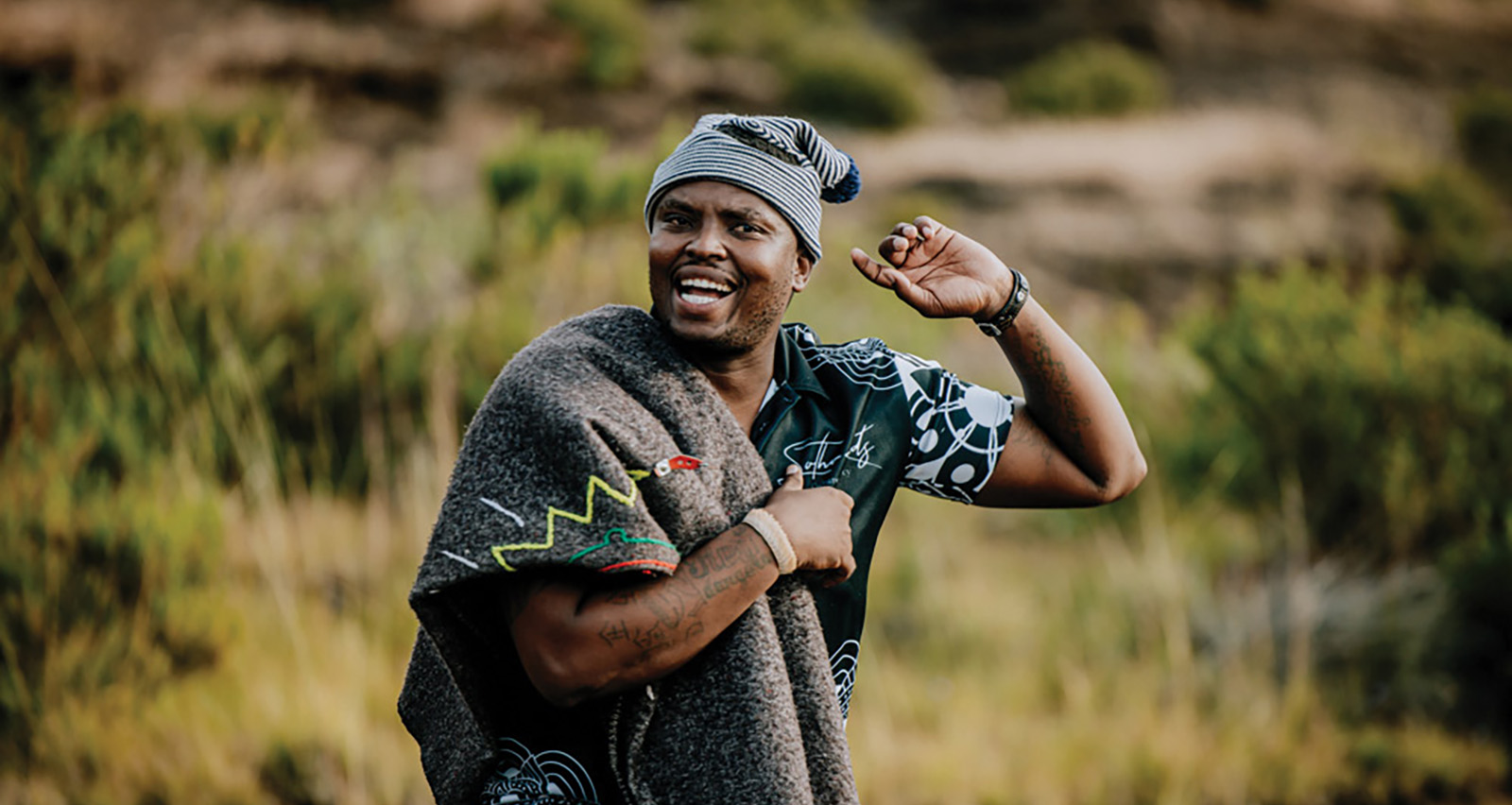
CityzeenLs nears 1 million YouTube views
9 days ago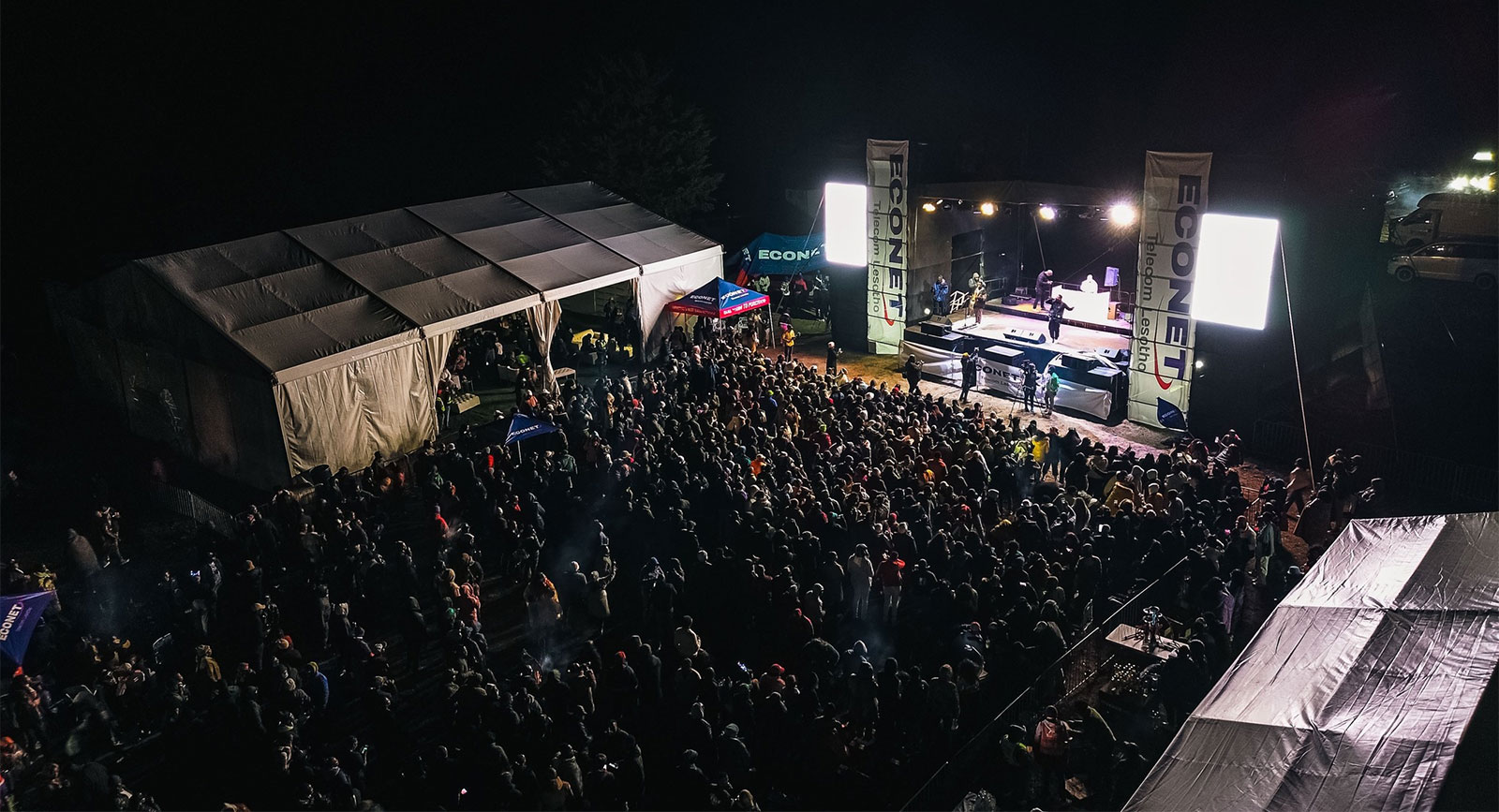

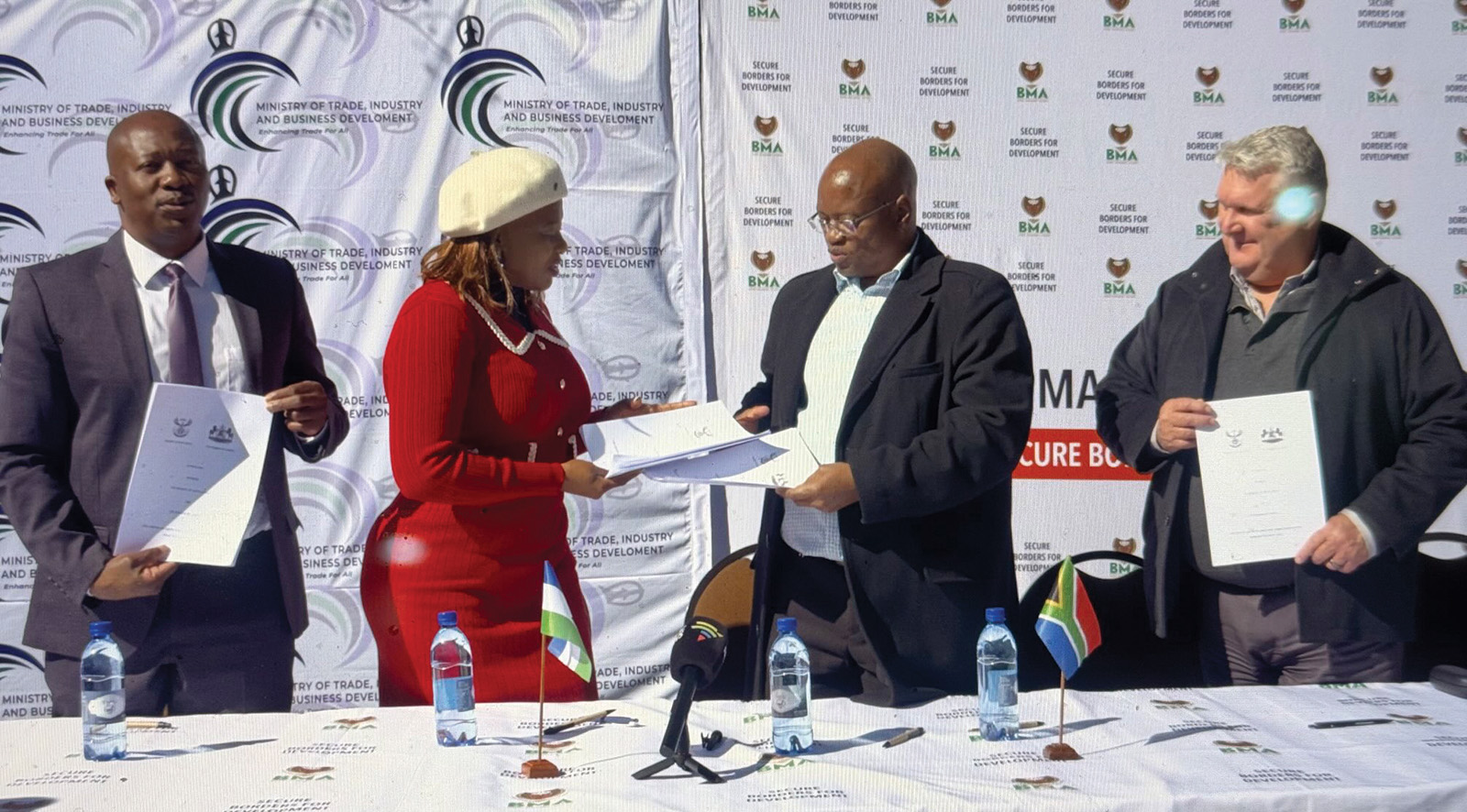
New border plan to advance regional trade
12 days ago
Foul language lands man in court
12 days ago
Youth demand action on unemployment
12 days ago
Ex-ministers threaten to sue govt
12 days ago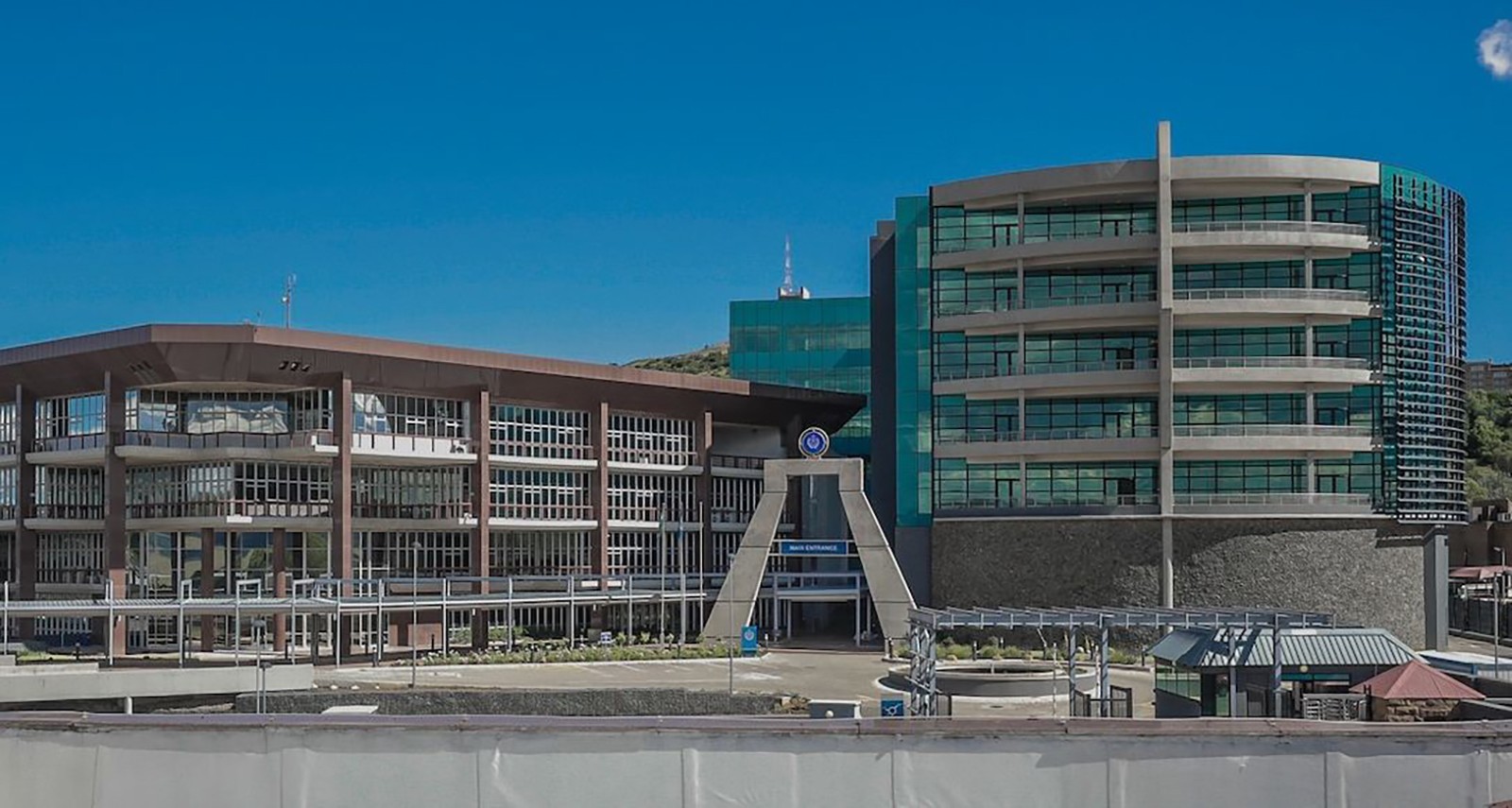
CBL launches LERIMA awareness campaign
12 days ago

Youth unemployment declared a state of emergency
13 days ago